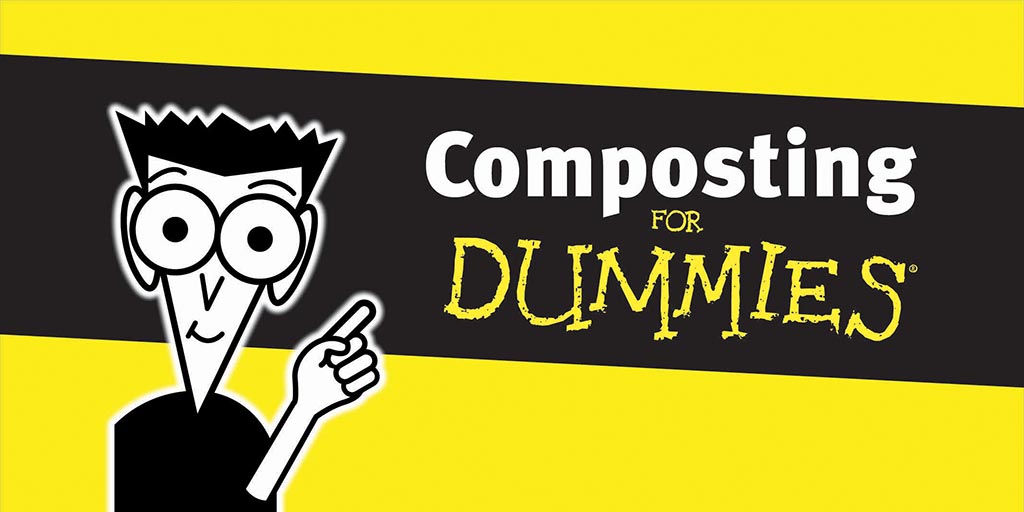Composting for Dummies

You may know compost as the brown, earthy material that is used for cultivating gardens, but did you know that as an organic material it has the power to impact recycling and substantially reduce waste? Composting, or the natural breakdown of organic materials by microorganisms, is not only good for the environment, but is also good for your health.
Michael Pascoe, Horticulture technician and co-ordinator at Fanshawe, explained that throwing things in the garbage that can be composted wastes valuable plant resources. Currently, approximately 30 per cent of household waste in Ontario that is taken to a landfill could have been composted.
“[Composting] helps improve soil health by adding organic matter by allowing the soil to contain water and by increasing fauna life,” Pascoe said.
Besides taking up unnecessary landfill space, excess organic waste decomposition produces leachate which contaminates groundwater as well as methane that contributes to greenhouse gases. Landfill emissions make up 20 per cent of the amount of greenhouse gases produced in Canada.
Not only an issue for the environment, composting has an influence on human health by naturally reducing volatile organic compounds in the air and other toxic compounds present in stormwater runoff. Composting is a great way to reduce air and water pollution and so if that isn’t enough of an incentive to start, we don’t know what is.
In order to set up a composting area, all you need is a plastic composting bucket that can be placed in your garden or kitchen. Pascoe recommended a shaded spot that is easily accessible.
You may be wondering what you can put in your compost pile. Pascoe explained that the best thing to do is layer green (nitrogen rich) and dry (carbon rich) products. Also, adding garden soil will activate the compost. Another thing that will benefit your compost pile is frequently churning the pile to help mix it.
“If it’s really dry in the summer you water it because the soil microbes break down the compost and they need moisture as well,” Pascoe said.
Products that you can compost include vegetable and fruit scraps, egg shells, tea bags, coffee grounds, garden waste, dry leaves, paper, wood chips and even some whole grain products. Pascoe warned against adding meat products and bones because it attracts wildlife. Other products you should avoid include pet waste, fat and oils, fish and dairy.
The best thing to do with your compost once it breaks down is to reuse it as soil for gardening. You will notice that because the compost materials break down, the volume will decrease significantly.
“What I do in the spring is I sprinkle a little on the lawn as a lawn fertilizer or I use it in the vegetable garden, or if I’m planting new plants I will just [mix] the soil with it. It’s easy to get rid of because it’s small in volume and if you spread it thinly over the garden it disappears completely,” Pascoe explained.
One thing to note is that if you are composting properly, there should not be an odour coming from the compost. This is because it is aerobic composition which requires oxygen. If you smell methane gas which smells like rotten eggs, this means that it is decomposing anaerobically (without oxygen) which should be avoided.
So go forth and give composting a chance; you will be doing your part for the environment while also creating your own fertilizer. Basically, it’s a win-win.














